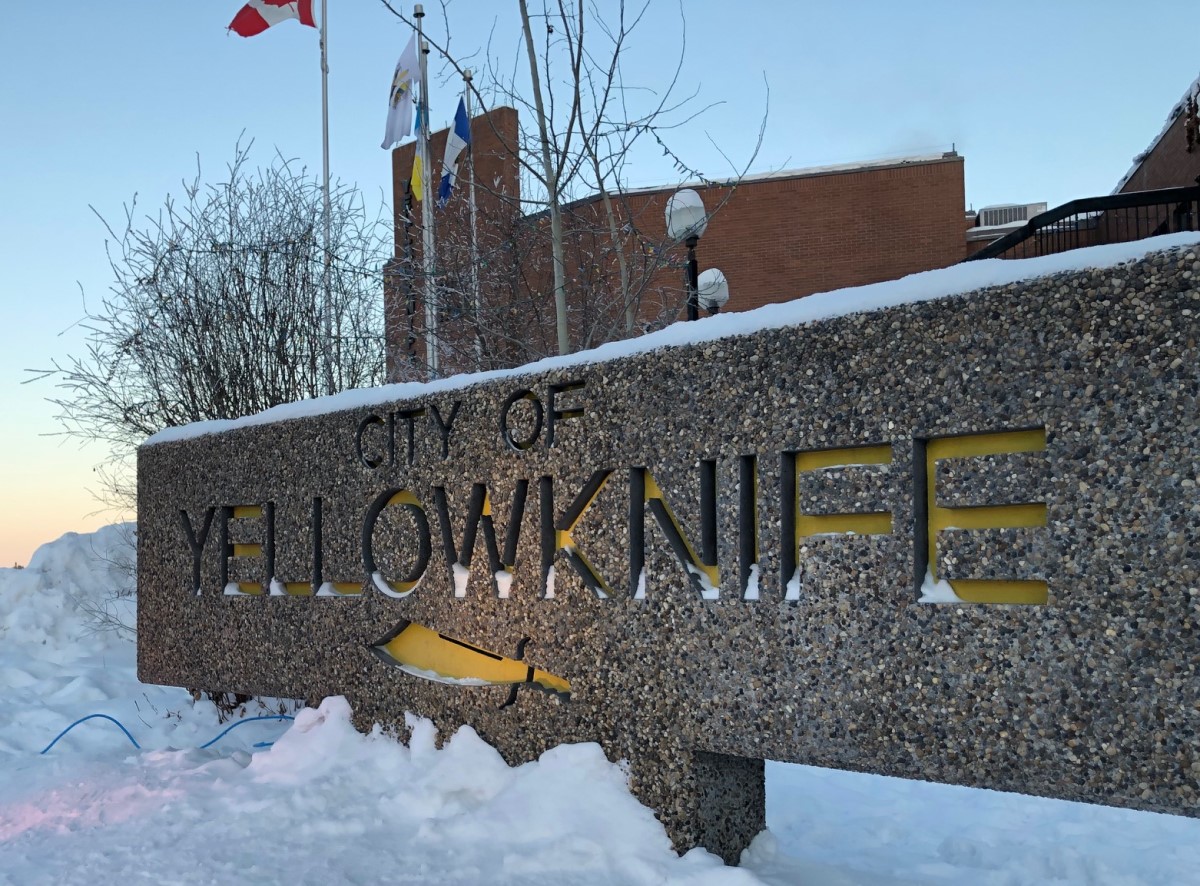Funding received from the GNWT means Yellowknife city council can pass a much lower tax increase than the previously proposed 11.92 per cent.
The funding means the city will increase taxes by 4.26 per cent, Yellowknife Mayor Rebecca Alty told 100.1 Moose FM in an interview.
At a committee meeting on November 2, Yellowknife administration said the city would need to impose an 11.92 per cent tax increase to run a balanced budget in 2021.
But later that week, the Legislative Assembly approved COVID-19 relief funding, totalling $1.5 million, with an additional $900,000 in funding for operations to address the municipal funding gap.
Alty had said in the November 2 committee meeting that any decision about the tax increase would depend on the GNWT’s decision about COVID-19 relief funding.
She added that increased revenues could help curtail the tax increase. With every $315,000 raised in revenues, it would correspond in a one per cent drop in the tax increase, she said.
Sheila Bassi-Kellet, city administrator with the City of Yellowknife, said during the November 2 meeting that the budget would need councillors’ “political lens” at the meeting on November 2, as presenting such a high tax increase to the public would seem “tone deaf.”
At that meeting, Alty and city councillors Julian Morse and Shauna Morgan emphasized the 11.92 per cent tax increase would not be the final figure.
“I don’t want residents to think we’re totally out to lunch here,” Morse said during the committee meeting.
Bassi-Kellet added implementing a tax increase is a step many municipalities are having to undertake. She cited Vancouver, who have proposed a 12 per cent tax increase.
Both Bassi-Kellet and Sharolynn Woodward, director of corporate services, emphasized the need to maintain core services.
Woodward also noted the importance of not piling more pressure onto “overburdened staff resources.”
Unlike the territorial or federal governments, the city cannot legally plan a deficit, according to its own budget policies. The city has to balance its budget every year.
Councillor Niels Konge said “COVID blinders” are distracting from other issues which contribute to a need for a tax increase, like a lack of new building developments resulting in little growth in the tax base.
“We do a disservice to residents if we don’t consider there are other challenges leading to the need for a tax increase,” said Konge. “If we cut, cut, cut this year when we’ve the ‘COVID blinders’ on, we just make things worse.”
Capital project cuts
The capital estimates portion of the budget — money designated for spending on infrastructure projects — was significantly lower than in the previous year, at $15.8 million compared to $24.2 million in 2019.
This is partly in anticipation of higher costs to come in subsequent years for projects like the new aquatic centre, which would more than double the around $15 million budgeted for capital projects in 2021.
Some projects had costs carried forward from previous years, like sludge removal in the Fiddler’s Lake sewer lagoon, while popular projects like trail expansions aren’t getting funding in this year’s budget.
The city is also making cuts to travel budgets, and cancelling plans to hire several staff members that would address a staffing gap identified in 2019
Woodward presented additional options for reducing costs, including completely eliminating the travel budget for the city, and postponing a citizen survey the city had planned.
Moving paving and water and sewer renovations to happen in alternating years, rather than both happening every year, could save around $7 million, but could create “significant maintenance challenges,” according to Woodward.
Budget shortfalls have been impacting all levels of government in the Northwest Territories. The GNWT projected the surplus of $200 million they had been projecting for their 2019-20 would be almost halved, due to spending on COVID-19 adaptation measures.
Yellowknifers will be able to give their feedback on the draft budget, and can make public presentations about the budget on November 16.
Mayor and council will debate the draft budget between November 30 and December 3. The final approved budget is expected on December 7.




